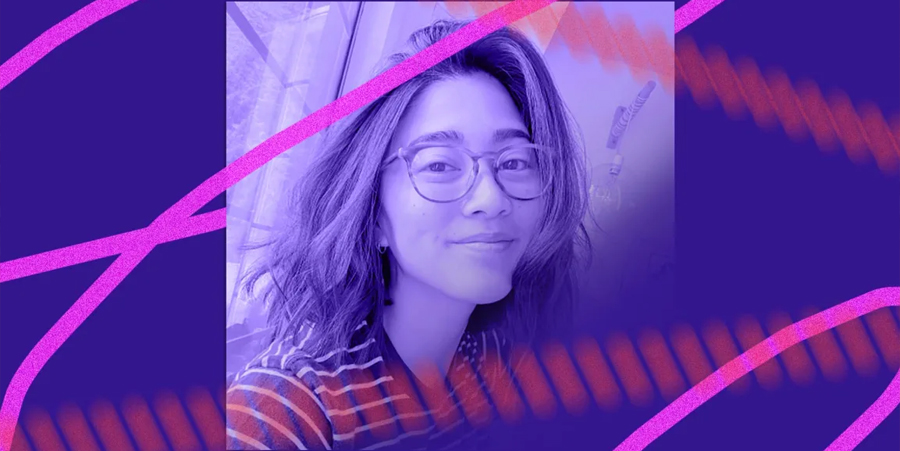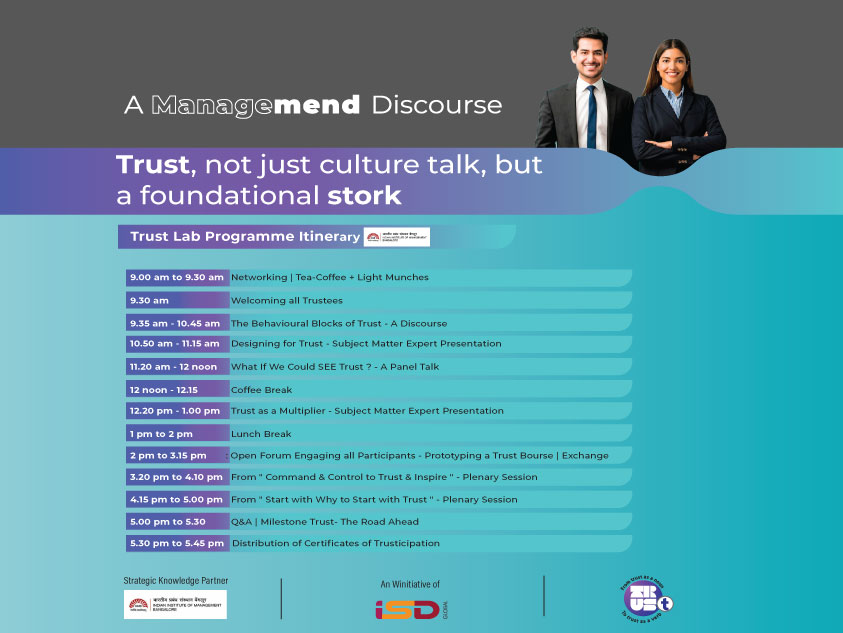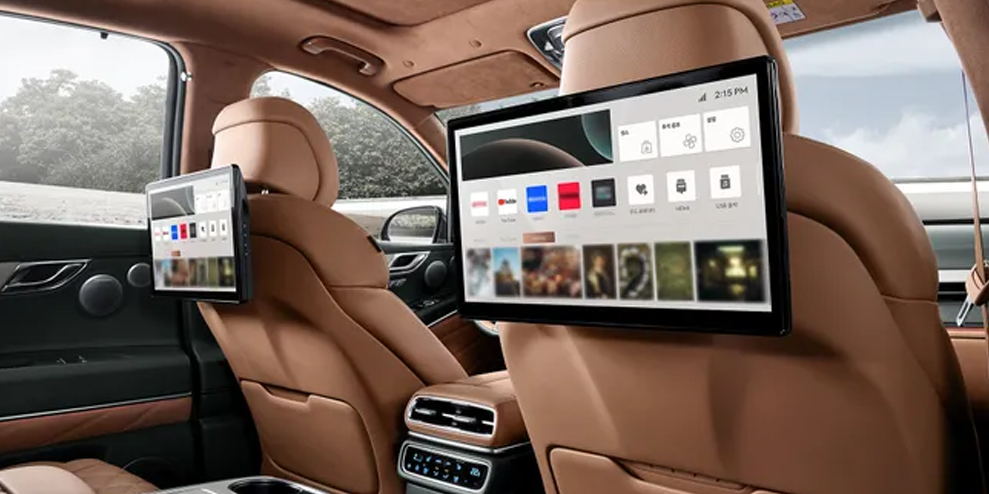Mayuko Inoue left her career in Silicon Valley to focus on being a YouTuber full-time. Here’s how she’s handling jumping from one burnout to the next.
Like anyone, Mayuko Inoue craved a stable career, which she found working as a software engineer in Silicon Valley. She also found burnout. So, after nearly six years working for Intuit, Patreon, and Netflix, Inoue decided to become a full-time YouTuber in 2020.
It’s certainly not lost on her that she essentially hopped out of the fire of hustle culture in tech into the fire of hustle culture in the creator economy—all during a pandemic.
“I had a terrible experience with panic and anxiety when I was doing that,” Inoue says in the latest episode of Fast Company‘s podcast Creative Control. “I was completely changing my value set. Ever since I was a teenager, I was like, I want to build stability in my life. I’m gonna make risk-averse decisions that help me live a good, stable life. And becoming a YouTuber is anything but stable in a lot of ways.”
PICK AND CHOOSE YOUR BURNOUT
In 2017, Inoue started her channel after noticing there were a lot of coding tutorials on YouTube, but not many videos about what it’s like being a software engineer.
“Technology in general often has this [perception that]it’s this really intense, hyper-competitive world, which is true,” Inoue says. “But I was like, I’m thriving. I feel like I’ve made it to some extent. And I also don’t want people to get scared off by that really intense culture, because there are so many parts of tech that aren’t.”
Thriving as she was, Inoue was also getting the sense that she was hitting a ceiling as a software engineer. Building her YouTube channel offered new skill sets in engaging with an audience, editing videos, and so forth. So, even though at the time she was working at Netflix as an iOS engineer, and it was “an awesome job” with “nothing wrong with it, per se,” Inoue quit to devote her time to being a content creator.
“The one thing that I know about burnout is that it can happen when your interests and your value set don’t align with what you’re doing day to day,” Inoue says. “And to me, I was just like, if I keep working as a software engineer [at Netflix], it’s going to lead to burnout sooner rather than later. I could see it happening, because it’s happened before. I could probably still burn out on YouTube. But I felt like I had a little bit more control over a lot of that because I was gonna work for myself.”
DO THE HUSTLE . . . CORRECTLY
Of course, working for yourself grants a certain amount of flexibility. But becoming responsible for not only the main product of your business but all the minutiae behind it can drag you deeper into burnout by feeding into the mentality of hustle culture where work supersedes everything else in life.
Inoue bought into hustle culture while working in tech, which she says led to a series of panic attacks that, along with therapy, forced her to reevaluate her relationship to work.
“For me, it’s been about finding a better balance of what that is, and also hustling on the things that I want to, and not because I was told to,” Inoue says. “The thing about hustle culture is sometimes it feels like you have to hustle just for the sake of hustling.”
“The important thing is to do that inner work, inner reflection,” Inoue continues. “What do I wanna hustle for? What are the things that I want to learn, and how can I get opportunities or create instances for myself to learn those skills and to stretch myself out of that comfort zone?”
A 2021 study found 90% of creators had experienced burnout, and 71% said it made them consider quitting altogether. It’s evident burnout in the creator economy is a pressing issue. Inoue’s hope is that, as conversations around mental health get louder, there’ll be a shift among creators to make more intentional content, as opposed to resigning themselves to what they think would work best for an algorithm.
“The bias is just to do more, just constantly be outputting things,” Inoue says. “Maybe we can take a step back and commit to less, but work in a way that we want. I kind of feel like the world would look really differently if we all did that.”
—
This article first appeared in www.fastcompany.com
Seeking to build and grow your brand using the force of consumer insight, strategic foresight, creative disruption and technology prowess? Talk to us at +971 50 6254340 or engage@groupisd.com or visit www.groupisd.com/story



